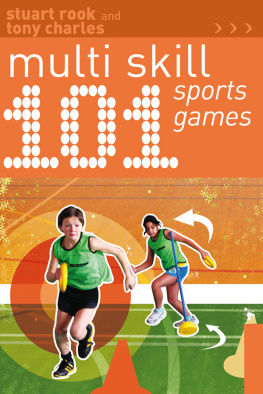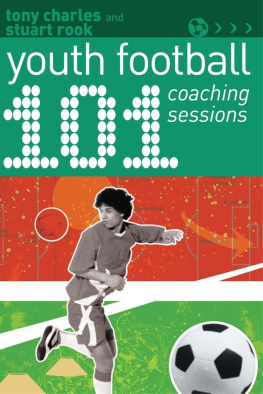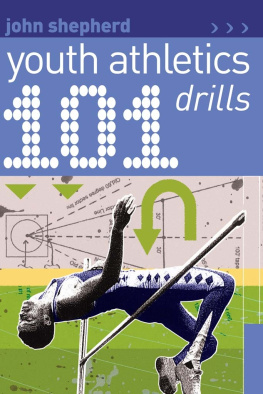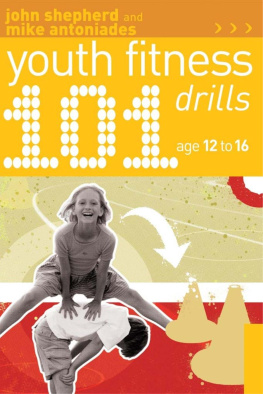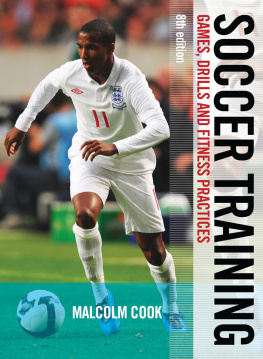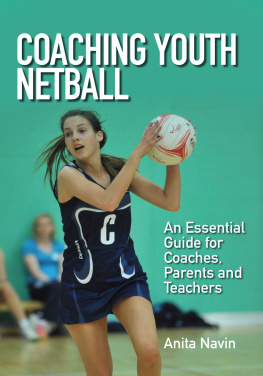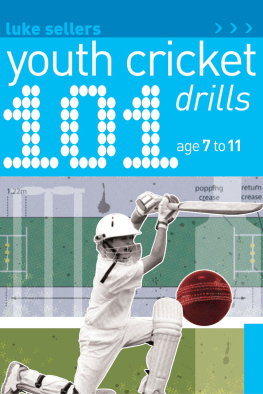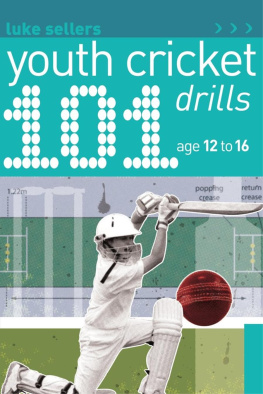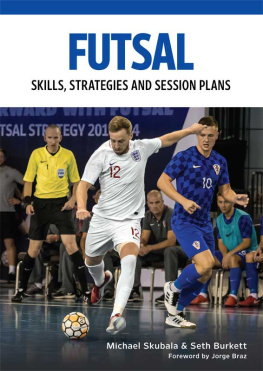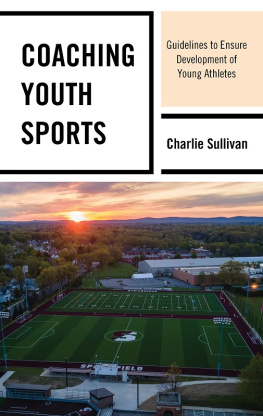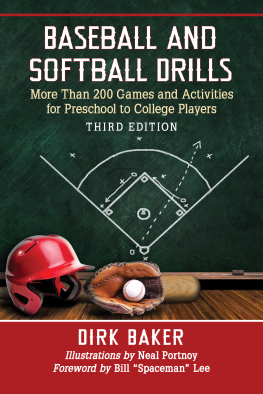
Foundation Football is dedicated to improving the quality of coaching to young players. It is one of Londons leading independent, award-winning coaching companies, coaching children from Key Stage 1 upwards. We have coached across Europe, North America and Asia with the aim of improving the quality of coaching to boys and girls of all ages and abilities, hopefully laying the foundations for their football futures.
Foundation Football believes all children, whatever their circumstances or level of ability, should be able to participate in and enjoy sport. It can improve a childs confidence, encourage them to get involved with the session, to have and to learn the skills to participate and to show a desire to improve and achieve.
Foundation Football provides children with the opportunity to access sport during the school day and also evenings, weekends and school holidays. We also provide Local Education Authorities with delivery of sessions, tournaments and competitions.
Our enthusiastic coaches give a level of enthusiasm that will meet the energetic needs of every child, delivering sports coaching sessions in primary and secondary schools through fun and informative sessions with fresh ideas. They are all qualified, are always positive role models, show encouragement and provide examples of fair play.
If you require further information about Foundation Football please visit www.foundationfootball.com.
What are multi-skill sports games?
Multi-skill sports games can be described as activities, games and practices that are designed to challenge participants to learn a range of different skills and techniques that are inclusive, maintain consistent levels of competition, and are challenging while remaining fun and enjoyable for all participants.
The activities and games in this book aim to introduce and develop specific physical and mental skills to help challenge the physical literacy of young sportspeople through a range of non-sports-specific activities. This is so they can increase their general physical ability before they choose to specialise in any specific sport, while at the same time developing confidence and self-esteem, respect for rules and other people, and the ability to build relationships.
The fundamental principles of multi-skill sports games include:
Agility
Balance
Coordination
Speed
Reaction
Problem-solving
Observation
Throwing and catching
Sending and receiving
Striking and fielding
Kicking
Bouncing
Movement
Creating space
Changing direction
Skipping
Running
Jumping
Hopping
Reaction to commands and signals
Teamwork
Group games
Invasion games
These skills and techniques can then be applied to a range of sports and physical activities that the youngster may choose to participate in. Therefore, any session of multi-skill sports games needs to be focused on the development of the basic motor skills that provide a sound base for continued involvement in sport and recreation. This can lead to positive healthy lifestyle choices and other social benefits, while increasing levels of exercise and fitness at a young age.
Who is the book aimed at?
As the sessions included here are non-sports-specific, this book can act as an important resource for sports leaders, coaches and teachers in the sports education sector, local community club volunteers, professional sports coaches, school teachers and midday assistants.
What type of sessions will it help with?
Curricular PE sessions
After-school clubs
Community clubs
Breakfast clubs
Lunchtime clubs
In order to help incorporate these games into any curricular PE scheme of learning (particularly for Key Stages 1 and 2) we have included progressions and alternatives for each activity to demonstrate a way of making each session sports-specific. So although multi-skill sports games are non-sports-specific, the activities can be adapted to any session you wish to coach, and to fit the dynamic of any given scheme of learning.
The principles of this book also support the key concepts of Long Term Athlete Development (LTAD) specifically in the early stages of Active Start (basic fitness and movement skills) and FUNdamentals (higher focus on aspects such as agility, balance, coordination and speed). Development during this essential stage will enhance performance and increase readiness for the Learning to Train phase, and in turn prepare young sportspeople for the higher-level competitive sport phases, Training to Train and Training to Win, and essentially encourage participants of all ages to pursue a lifetime of physical activity and healthy living Active for Life.
How to use this book
Each session is complemented with a diagram and a description of how to set up your session, and the what you need heading gives details of any specific equipment you will need to provide for the players.
The how to play section gives full details of the rules of the game and provides you with instructions on how to keep a score and/time limit in order to make each game competitive and challenging. Although it is beneficial to keep a score in order to maintain the players level of engagement, multi-skill sports games generally concentrate more on development, inclusion and the encouragement of fair play not win at all costs.
Under the key skills heading you will see some illustrated icons; please see below for more information on what they mean and how to use them to suit your sessions.
Progressions and alternatives give you extra ideas about how to make the sessions either more or less challenging or age appropriate, and some examples offer a sport-specific alternative.
Learning how to plan a session is one of the most important skills of being an effective sports leader. Knowing the level of ability, age range and level of development of the players you coach will go a long way in knowing what you can coach, what you need to coach, and how you are going to coach it. These factors all come into your plan, and it is essential to know them when developing the players you are coaching. Remember, plan your work, and work your plan!
What do the icons mean?
As part of the description of each game you will see a selection of icons that relate to key skills that each session aims to develop.
These cover a wide range of attributes such as basic physical and mental development to more in-depth decision-making and tactical awareness. The icons are separated into the following six categories:
Motor skills
Movement
Problem-solving
Teamwork
Sending and receiving
Invasion games

Motor skills
The icon above will feature in a large number of the games, as multi-skill sports games and activities are viewed as essential for the development of basic motor skills. These skills include aspects such as balance, agility, coordination, speed and reactions, and can be challenged in a number of ways.
Examples include using benches during an exercise to test the participants balance, and tag-based games where the participant has to catch an opponent or pull out a bib to test their agility, coordination and speed.
Next page
